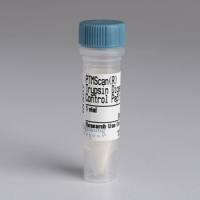The inflammatory response requires complex and coordinated cooperation of different signaling pathways and cell types. Therefore, more than 40 different protein or lipid kinases can be regarded as potential small-molecule inhibitor targets to approach a therapy of acute inflammation, such as septic syndrome, and especially chronic inflammation, such as rheumatoid arthritis or inflammatory bowel disease. Besides the general considerations about selectivity and potency of small-molecule kinase inhibitors, in this chapter special emphasis is put on the inflammation-specific methods and assays available for testing potential small-molecule inhibitors for their anti-inflammatory activity. Examples for human cell-based assays for characterization of the effect of inhibitors on contribution of various cell types, such as monocytes, neutrophils, mast cells, T-cells, and synovial fibroblasts, to the inflammatory scenario are given. It is further demonstrated how these assays are complemented by rodent models for septic syndrome, rheumatoid arthritis, ulcerative colitis, Crohn’s disease, and systemic lupus erythematosus. Finally, it is discussed how the results obtained by these methods can be further validated and which future strategies for the treatment of chronic inflammation will exist.






